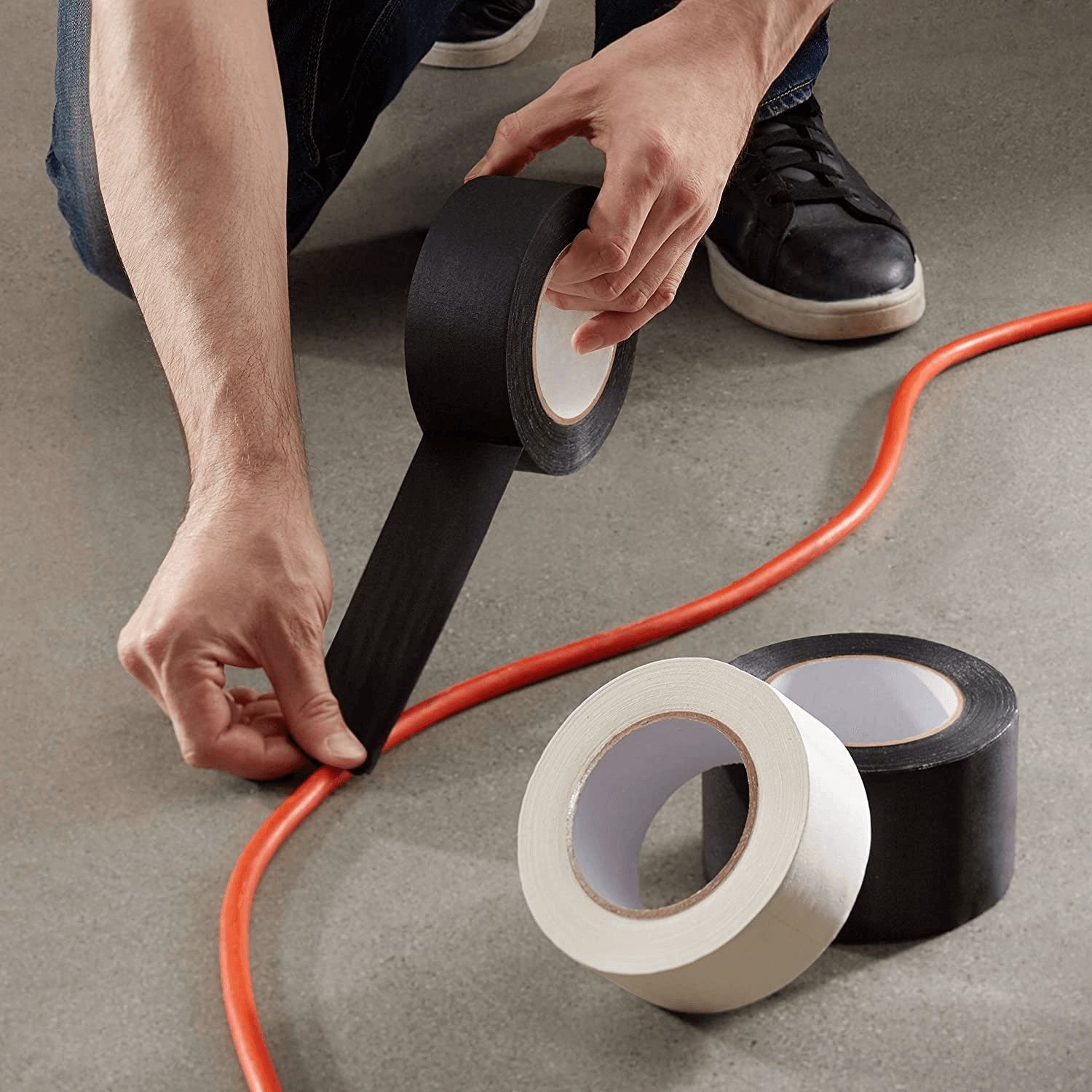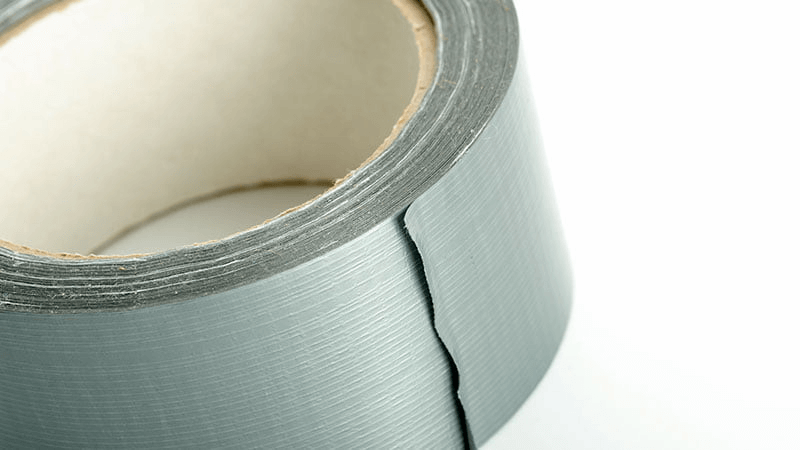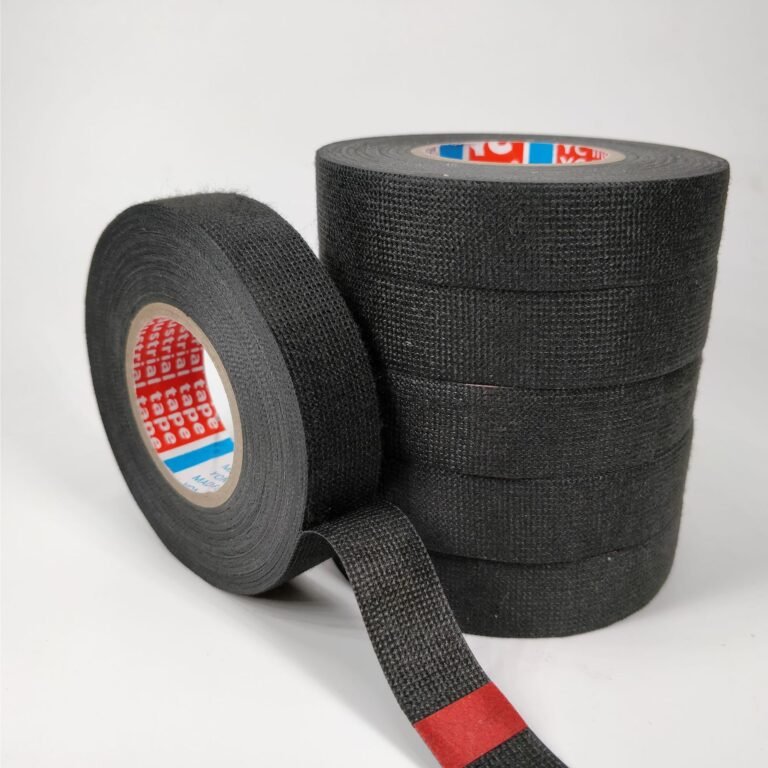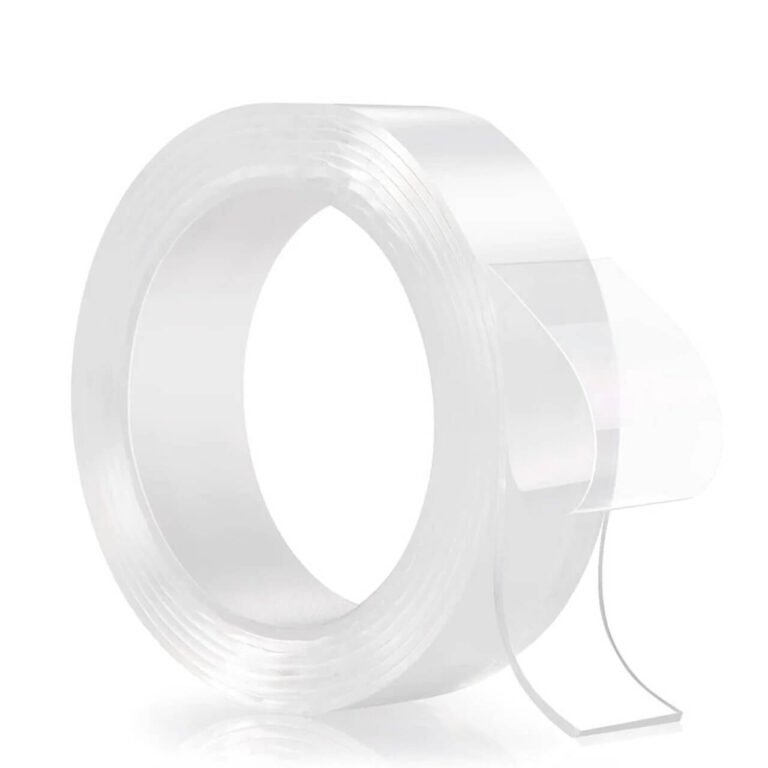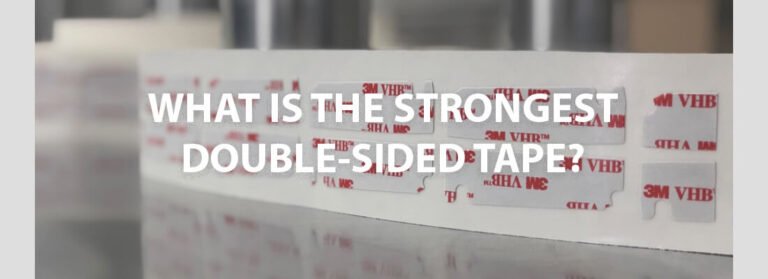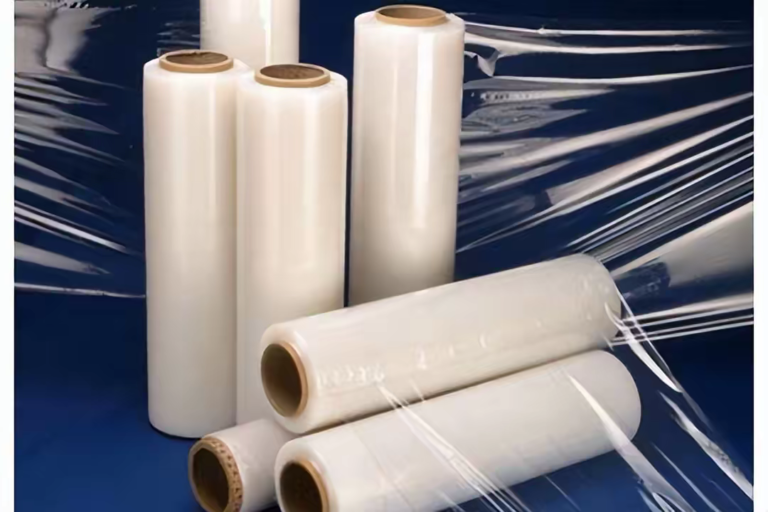PVC Insulation Tape: Electrical Safety, Applications & Benefits for Wiring
PVC insulation tape—often called electrical insulation tape—is a cornerstone of electrical safety. From small DIY fixes to large-scale industrial projects, it protects components, prevents hazards, and ensures systems run reliably.
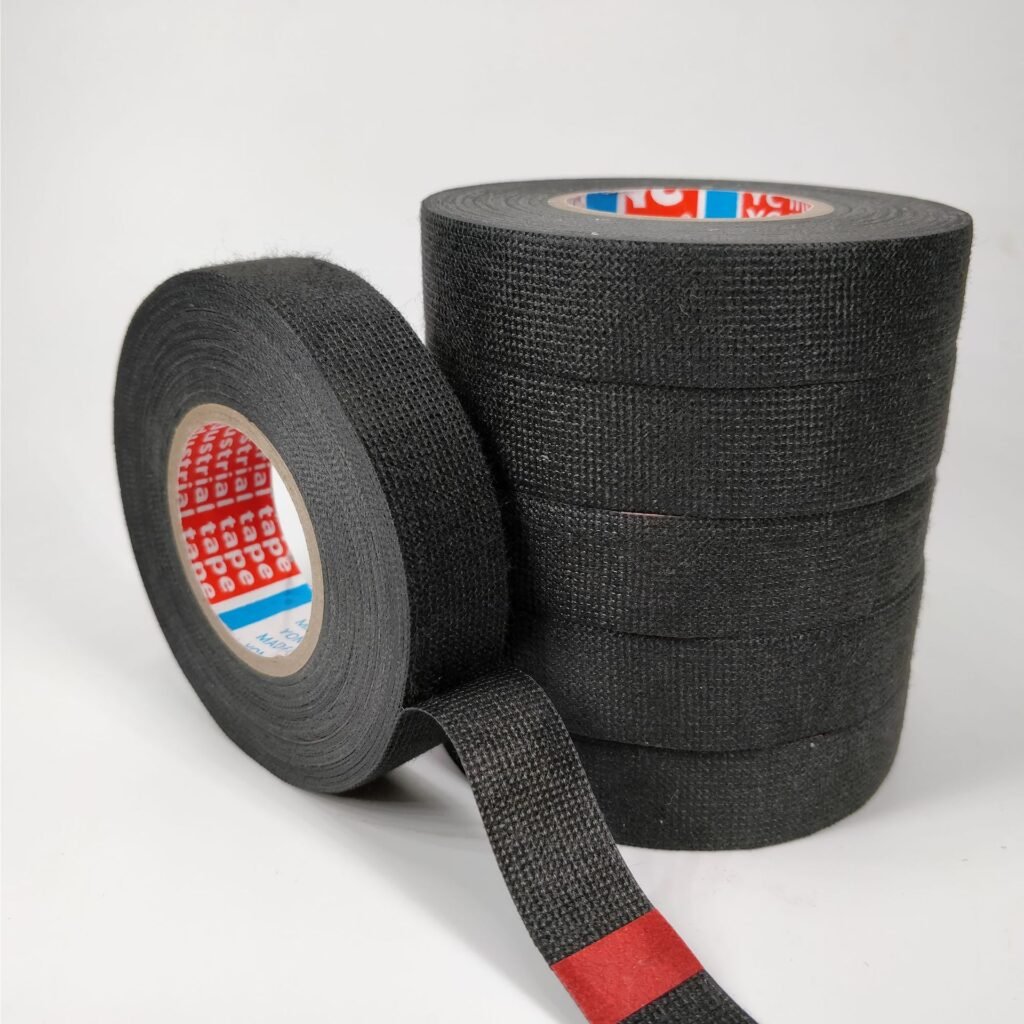
Core Functions and Safety Benefits
The primary mandate of insulation tape is to provide electrical insulation, acting as a barrier against electrical shock, short circuits, and fire risks. Key applications include:
- Wire Insulation: Wrapping exposed or damaged wire strands to restore safety and prevent accidental contact.
- Wire Bundling: Securing and organizing cable harnesses to protect against abrasion, moisture, or mechanical stress.
- Splice Protection: Encasing wire connections to insulate joints and maintain electrical integrity.
By isolating live conductors, insulation tape is critical in upholding safety standards, minimizing risks for both personnel and equipment.
Why PVC Insulation Tape is a Preferred Choice
PVC (polyvinyl chloride) insulation tape is valued for its unique combination of physical and environmental properties:
- Flexibility & Conformability: Stretches to wrap around irregular shapes, cables, or connectors, ensuring a tight, secure fit.
- Environmental Resistance: Withstands moisture, acids, alkalis, and UV exposure, making it suitable for indoor/outdoor use.
- Temperature Stability: Remains flexible in extreme temperatures (ranging from -20°C to 80°C), adapting to harsh industrial or automotive environments.
- Color-Coding Capability: Available in vibrant hues (e.g., black, red, blue) to identify circuits, phase conductors, or grounding wires, enhancing system clarity for electricians.
Diverse Applications Across Industries
- Construction & Electrical Systems:
- Splicing and insulating wires in residential, commercial, or industrial wiring setups.
- Marking cable routes or circuit types for easy maintenance and troubleshooting.
- Providing temporary protection during installations or emergency repairs.
- Automotive Sector:
- Securing and insulating electrical harnesses, spark plug wires, or sensor connections.
- Shielding components from vibration, heat, and moisture under the hood or in vehicle interiors.
- Industrial Maintenance:
- Repairing damaged insulation on machinery wiring or control panels.
- Bundling cables in conveyor systems or manufacturing equipment to prevent wear and tear.
- DIY Projects:
- Fixing frayed cords in household appliances.
- Organizing cables behind electronics or creating custom wire labels for home setups.
Key Advantages in Action
- Quick Repairs: Ideal for temporary fixes, such as securing loose connections until permanent solutions are implemented.
- Cost-Effective: A low-cost tool that prevents costly damages from electrical faults.
- User-Friendly: Requires no special tools for application, making it accessible for professionals and hobbyists alike.
Conclusion
PVC insulation tape is not just an accessory—it’s a trusted safety standard. By combining insulation, protection, and organization, it keeps systems reliable from home appliances to industrial networks. For professionals and DIY users alike, it delivers peace of mind and long-term performance

